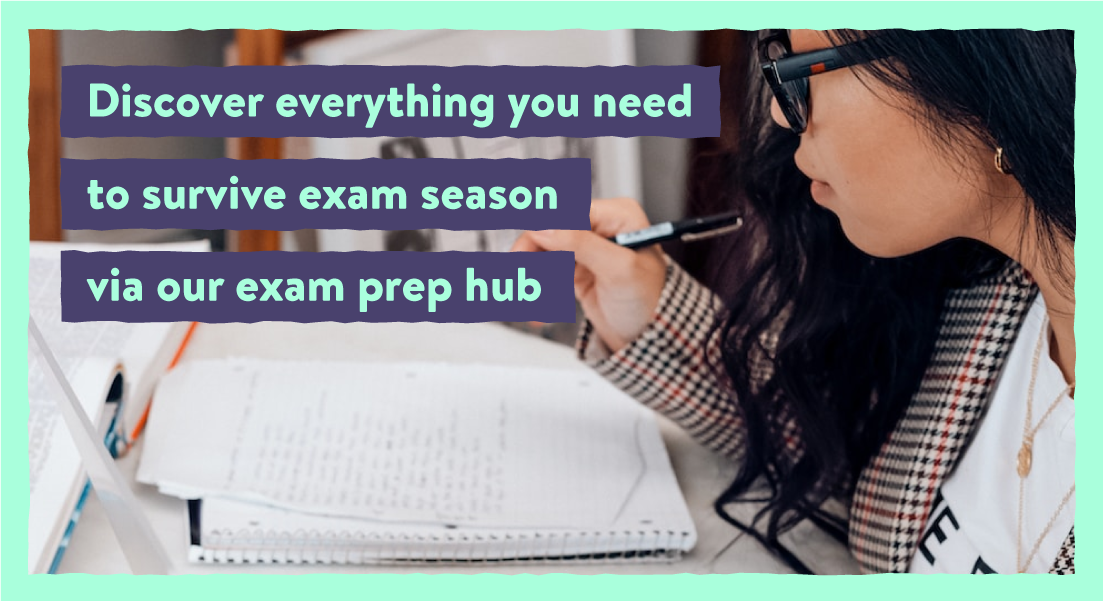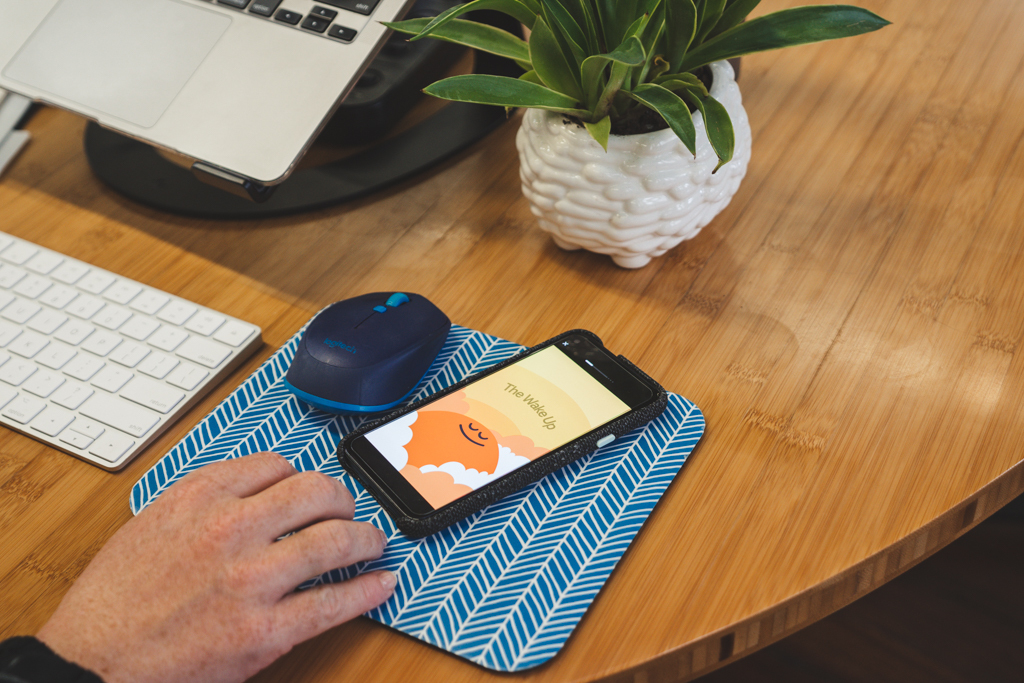Stress is your body’s response to physical, mental or emotional pressure. There are a lot of things that can cause stress in everyday life, including worries over your studies (particularly during high-pressure periods like exam season), work, conflict, and even external factors beyond our control.
As an international student, you’re also more likely to experience uniquely stressful situations, from facing culture shock to tackling new responsibilities. When properly recognised, though, there are some easy ways to deal with stress. Here are some of our top tips for managing stress as a busy student.
Practise mindfulness
Mindfulness, which is the practice of becoming fully aware and in tune with the present moment, is an excellent go-to stress buster. Mindfulness helps reduce activity in the amygdala, which is the part of your brain responsible for switching on your stress response. By lowering the activity in this portion of your brain, you’re automatically reducing your background level of stress.
Try to set aside some time each day for restorative activities and to rest and recharge. You can also improve your mood with music and use it as a tool to practise mindfulness.
Read more: Top 10 Apps to Help You Improve Your Mindfulness
Have a plan
Being organised helps you prepare for upcoming tasks and events, such as academic responsibilities like exams.
For example, go through the reading resources before a lecture, create to-do lists, use a calendar to schedule activities so you can visualise what your days entail, and make preparations accordingly. Make sure your plans and goals are realistic, and reward yourself when you achieve them!
Indulge in activities and exercise to counter stress
If you don’t tap into your emotions and only subject yourself to overworking, you can reach a stage of burnout and end up being low on energy and motivation. That’s why self-care is so important.
Ask yourself what you like doing to unwind and what brings you joy, and do that to de-stress. You could schedule a few hours during the week to pursue a hobby, go for a bushwalk, head to the beach or cook a nice meal.
Sports and exercise are also great activities for decreasing stress levels while improving your overall physical and mental wellbeing. So, hit the gym, go for a swim, or maybe grab a few friends for a game of soccer, volleyball or other group sport.
Make meaningful connections
Maintaining a social network by joining clubs or societies and meeting like-minded people can help you combat stress. You’ll connect with people who share your interests, many of whom will likely be fellow international students overcoming the same challenges as you.
You should also make an effort to stay in touch with your friends and family members back home. Reach out to them for weekly or fortnightly phone/video calls. Chatting to your loved ones will help put things into perspective and remind you of what really matters in life.
Get plenty of rest
When you’re dealing with stress, it’s important to take time to shut your brain off entirely. Stress and sleep are very closely linked; while stress can negatively impact your sleep quality, a lack of sleep can also exacerbate feelings of stress.
With that in mind, aim to get at least seven to eight hours of sleep every night. Using an eye mask and/or listening to calming sleep stories (like the ones available on the Calm app) can help you get a good night’s rest.
Where to seek support to help with stress
Talk to people you can trust
Reach out to a friend, family member or someone else you trust so you can talk about your feelings when you feel stressed. Sharing your thoughts and emotions can take a lot of weight off your shoulders, and you may end up seeing situations through a different lens based on someone’s opinion or advice.
Seek support services
Counselling services and wellbeing support officers are available at most educational institutions to help with issues big and small. Check in with yourself, acknowledge the signs, and don’t hesitate to use the various mental health services in Australia. Remember that it’s always okay to ask for help.






